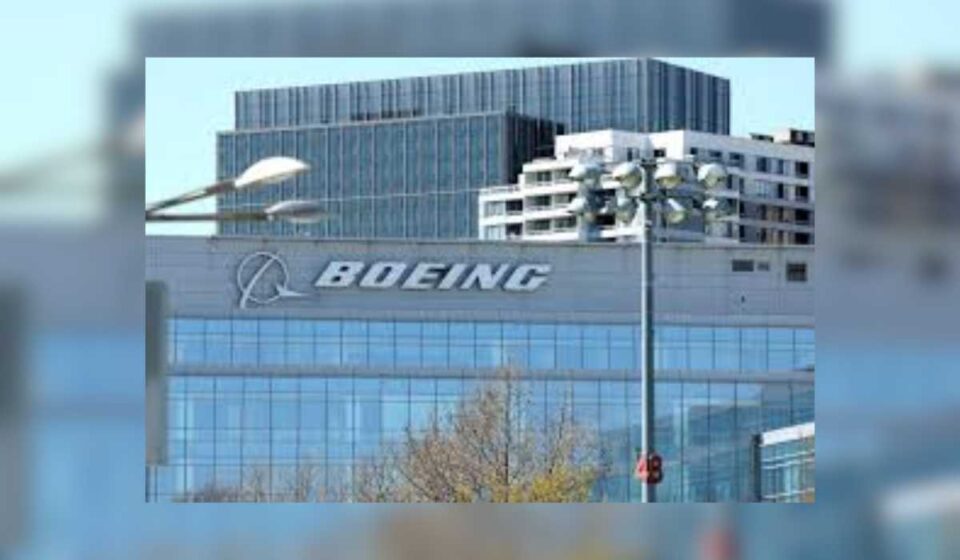Boeing and Intel, once the epitome of world-class engineering and manufacturing, now face significant challenges that pose broader implications for the U.S. economy. The setbacks these two industry giants are experiencing are not just corporate issues—they represent a national emergency that weakens America’s technological and industrial leadership.
For decades, Boeing and Intel set global benchmarks in their respective fields. Boeing’s dominance in aerospace and Intel’s innovation in semiconductor manufacturing were pillars of U.S. industrial prowess. However, recent crises—whether due to production missteps, safety concerns, or competitive pressures—have revealed cracks in their leadership positions. These troubles are undermining their ability to compete on the global stage.
The weakening of Boeing and Intel threatens more than just their own futures. It has ripple effects across the U.S. economy, potentially eroding America’s influence in critical sectors like defense, transportation, and technology. As global competitors rise, the U.S. risks losing its edge in industries that are essential for national security and economic growth.
Moreover, these challenges come at a time when the world is experiencing rapid technological change. Other countries are aggressively investing in aerospace, semiconductors, and advanced manufacturing, while Boeing and Intel struggle to keep pace. If America’s industrial giants falter, it could lead to a loss of innovation and competitive advantage in key global markets.
To address this crisis, a coordinated national effort is needed. Boeing and Intel must regain their footing through innovation, operational excellence, and strategic investments. At the same time, government support and policies that encourage competitiveness and technological advancement will be essential to ensuring that these companies—and America—continue to lead in the global marketplace.


